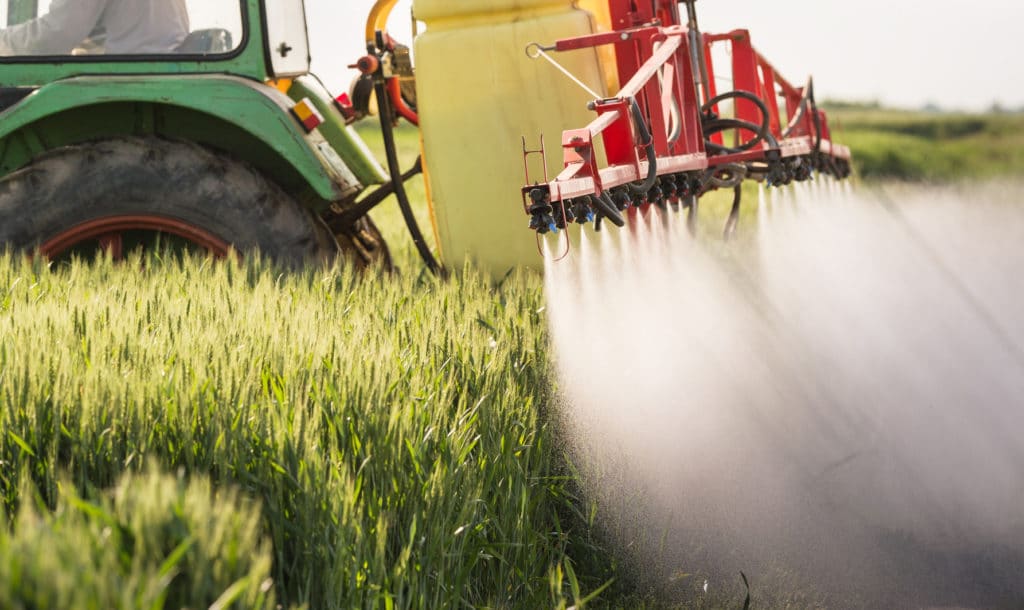Is the end of the use of artificial pesticides?
Since some years there are already wide criticism of the use of artificial pesticides. Researchers found out now that the bacteria could protect the future plants and, therefore, artificial pesticides would be unnecessary.
The scientists from the Cardiff University found in their recent study that a group of bacteria produces a number of Compounds, the fungi, amoebas, and other types of bacteria can fend off, which also affect our Crops. The doctors published the results of their study in the English journal “Nature Microbiology”.

Bacteria play a key role for a sustainable future
The new discovery of the researchers will, hopefully, lead to the production of food substances in the future, safe, secure, sustainable and free of toxins. In their study, the experts focused on the so-called Burkholderia bacteria. Bacteria such as Burkholderia, which have developed in a natural way, together with plants, play a key role for a sustainable future, explain the authors of the study.
Negative effects of artificial pesticides
Up to the year 1999 artificial pesticides were widely used, but led to the knowledge of the risks of severe cystic fibrosis-diseases in humans critique and rejection of the application of these funds. Since then, the fears about the effects of pesticide use are grown on an industrial scale. Pesticides were made responsible for ensuring that the number of songbirds has declined, the birds rapidly, and frogs and fish were female because the pesticide interfered with your hormones, if they were flushed into the rivers.
Like the Burkholderia bacteria?
Leading Environmental scientist warned already, recently, before, that mankind is making new chemicals faster than they can say their damage before. The involved in the study, experts have studied for many years, Burkholderia bacteria in cystic fibrosis, and the research led to two new forms of antibiotics, Cepacin A and B. The current study investigated whether Cepacin is also in the case of plant pests effectively. Using the genomic sequencing of bacterial DNA, the researchers were able to identify the genes for Burkholderia for the production of Cepacin. They then used techniques that were already used in the development of live vaccines, to neutralize the infection possibilities of the bacteria and to obtain at the same time, Cepacin-effect.
Mutant bacteria were harmless for animals
Burkholderia splits their genomic DNA in three fragments, the Replicons are called. Scientists have located the smallest of these three Replicons, in order to create a mutant Burkholderia strain, the germinating peas are excellent biopesticides properties. In Tests on mice, which were particularly prone to lung infections and regular infections of cystic fibrosis patients were imitated, showed that the mutant strain caused the animals any harm. Together with scientists from the University of Warwick, who worked on the discovery of Cepacin, the group of experts is now your mutant strain in a safe bio-pesticide is not to convert, which harms the environment. (as)